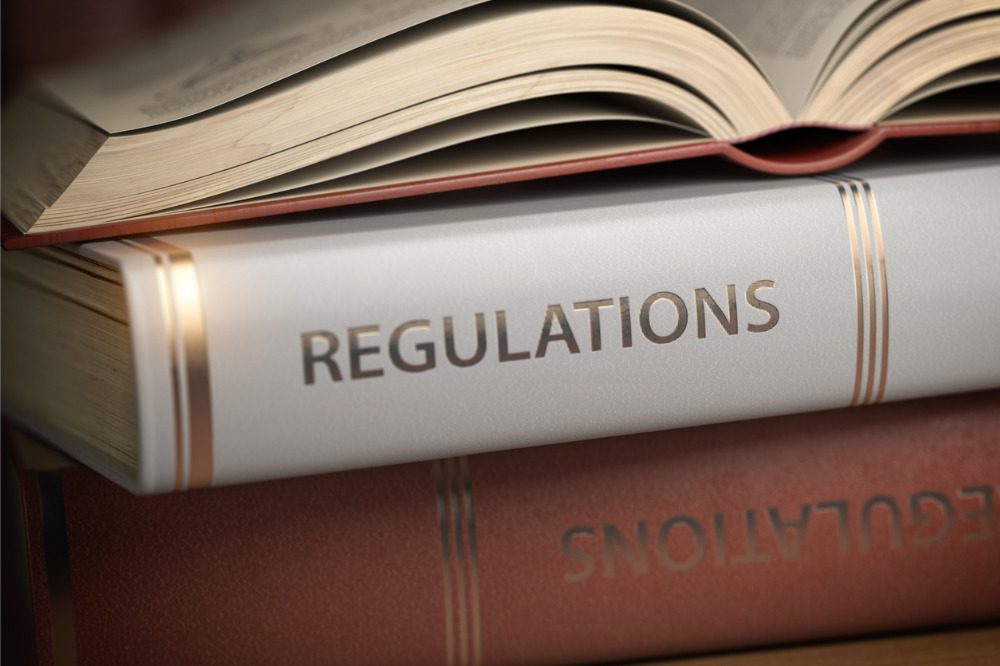Deadline looms for feedback on exposure draft regulations on prohibited sales incentives

“After the consultation period closes, MBIE will analyse the feedback received and consider any changes that may be required to the regulations. The draft regulations are expected to be made in Q1 (first quarter) 2023 and come into force in early 2025 at the same time as the rest of the new conduct regime.”
In the exposure draft seen by Insurance Business, it is made clear that an incentive is a prohibited one if a person’s entitlement to the incentive, or the nature or value of the incentive, is determined or calculated in any way by reference to a target or other threshold that relates to the volume or value of the services or products.
As outlined previously, CoFI will not prohibit commissions that are paid on a linear basis.
To illustrate, the consultation draft cites the following example: “An employee (A) is paid a 5% commission for each life policy that A arranges. The percentage does not depend on any target or threshold (that is, the percentage does not change based on the volume or value of life policies).
“This incentive is not prohibited because it is determined or calculated on a linear basis only (that is, on a per service or per product basis). It is not determined or calculated in any way by reference to a target or threshold.”
Therefore, a $1,000 bonus for selling 100 life policies in a three-month period, for instance, is considered a prohibited incentive.
Read more: Govt to make all target-based sales incentives illegal
It was in February 2022 that Cabinet agreed that financial institutions and intermediaries be prohibited from offering sales incentives based on volume or value targets to their employees (with the exception of senior managers and executives), agents, and intermediaries.
“Volume or value-based sales incentives likely to be captured by the regulations include bonuses or soft commissions such as overseas trips for selling a certain number of financial products,” said MBIE, which points stakeholders to the exposure draft and related documents for more detailed information on the pending regulations.
In its consultation paper, the agency is asking the following questions:
Do you consider that the draft regulations give effect to Cabinet’s decision to prohibit sales incentives based on volume or value targets? If not, why not?
Do you have any comments on the examples chosen of a prohibited incentive and a non-prohibited incentive?
Do you have any other comments on the way the draft regulations define prohibited incentives?
Do you have any comments on the definition of ‘relevant person’ in relation to a financial institution or an intermediary?
Do you have any comments on the application of the draft regulations to senior managers and executives?
Do you have any other additional general comments on the exposure draft regulations? For example, do you see any unintended consequences arising from the draft regulations in relation to any other matters? Are there any areas where the application of the draft regulations is unclear and could benefit from additional examples or guidance?
Read more: IAG scraps sales incentives in bid to make them “a thing of the past”
In the exposure draft, a “relevant person” is defined for the purposes of sections 446K and 446L of CoFI. The two regulations relate to a financial institution and to an intermediary, respectively.
Commenting on the ongoing consultation, the Financial Services Council of New Zealand stated: “While these regulations directly impact banks, insurers, and non-bank deposit-takers, it also specifically includes their intermediaries, so all FAPs (financial advice providers) will be caught.”
For MinterEllisonRuddWatts, the consultation is an important opportunity.
“The proposed regulations on sales incentives are in line with the current legislation and have taken on board the feedback received by MBIE so far,” noted the law firm. “Similarly, the licensing fees are consistent with existing fees and calculated on the same basis.
“We do not anticipate significant changes to be made following this round of consultation, but it is an important opportunity for those with industry insight to provide MBIE with views on the possible effects of the proposed regulations.”
A separate consultation on licensing fees recently closed, on October 26. Meanwhile, the consultation on the exposure draft regulations will close at 5pm on November 9.





